The trouble with eBooks - by Ian Barker
I love ebooks. I love the immediacy of
being able to download a book straight away. I love being able to get a sample
before buying and I love, sometimes, the lower price over the print edition.
Evidently other people love them too since Amazon reckons it now sells more
ebooks than dead tree versions. Ebooks, it has been said, are the biggest
revolution in reading since Gutenberg.
A
big part of the attraction of ebooks is convenience. Amazon in particular has
understood this perfectly. You can buy a book almost instantly and since it’s
stored in the cloud you can sync it across devices without having to mess about
copying files around or plugging in USB sockets. There is a darker side to this
though, you don’t really own a Kindle book so much as rent the use of it and
Amazon can remove books if they wish.
So
what are the problems? Well, lovable though they are ebooks aren’t perfect.
First of all there’s the thorny issue of format. The reason digital music took
off in a big way was the existence of the MP3. Whether you have a computer, a
proprietary device like an iPod or a cheap player from eBay, MP3s will work on
all of them and you know that if you exchange a file with someone else it will
work for them too. So far we don’t have such a ‘standard’ format for ebooks.
The closest is the open source ePub file but it doesn’t work on the most
popular reader, the Kindle. Yes, I know you can download Calibre and convert
but it screws up the formatting a lot of the time and if the technology is
going to become widely accepted you shouldn’t have to jump through hoops.
Formatting
is a tricky issue. I’ve read ebooks put out by major publishing houses where
the formatting is diabolical – missing line breaks, misplaced hyphens, poor
spacing. It looks like they’ve just taken the PDF of the print version and got
the office junior to run it through some sort of conversion routine without
bothering to check the result. Frankly this is unacceptable, if they expect us
to pay a decent price for ebooks the quality control has to be at least as good
as that in the print edition.
Which
brings us to price. I’m not one of those who thinks all ebooks should be
available for pennies. Having been through the mill of getting novels published
I know how much effort goes into editing and design whatever the finished
format. However, price is important. Charging almost as much as the print
edition – or more in some cases – for an intangible product is just taking the
mickey. The trick is to price ebooks such that they’re attractive to the buyer
whilst covering production costs. Price them too high and you encourage piracy
(more of which shortly), too low and you devalue the work. Publishing has the
opportunity to avoid the mistakes of the recording industry here, the jury
remains out on whether or not it will manage that.
Illegal
copying of traditional books isn’t really a problem, requiring as it does time,
effort and access to a photocopier. With ebooks piracy is a problem. Lend a
print book to a friend and they might lend it to someone else, there’s still
only one book in existence. Copy an ebook and it can be in the hands of
hundreds of people. There are all kinds of views on whether this is a good or a
bad thing – whether reading a pirated copy ultimately leads to a sale for
example. But there is undeniably a problem and one which the industry needs to
address. Locking down books with DRM is something of a blind alley so the
solution probably comes back down to price. A legitimate Kindle book has added
value over a pirated version because you can effortlessly sync it across
devices with all of your bookmarks and notes intact. As long as it’s priced
right most people will be willing to pay for the added convenience.
So
yes, ebooks are brilliant, but they’re not yet perfect. We need a universal
format – a book equivalent of the MP3 – we need proper attention to ebook
design and formatting, and we need consistent pricing. Above all we need
publishers to take ebooks seriously, they’re not a spin off to the main game, in
a very short time they’ll be the main game.
________________________________________________________________________________
Ian Barker is the author of Fallen Star and One Hot Summer, visit his author page on Amazon.
Thank you for swinging in.
Until next time...
Ciao
JET





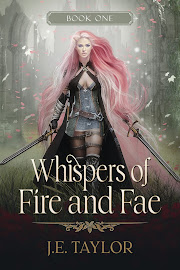


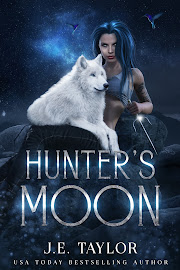





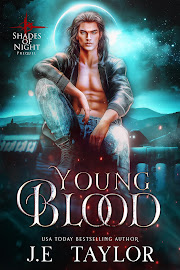
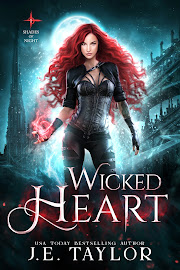
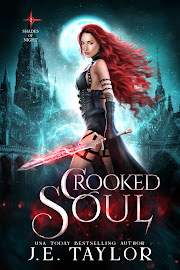
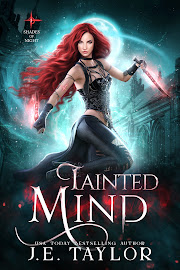
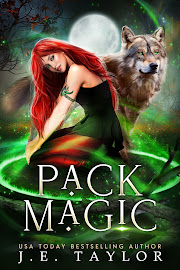


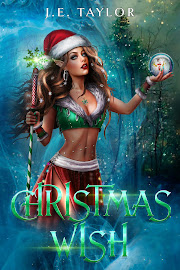
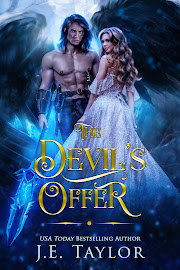

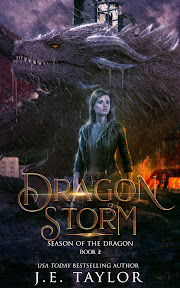























































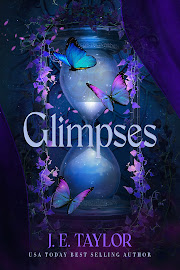
No comments:
Post a Comment